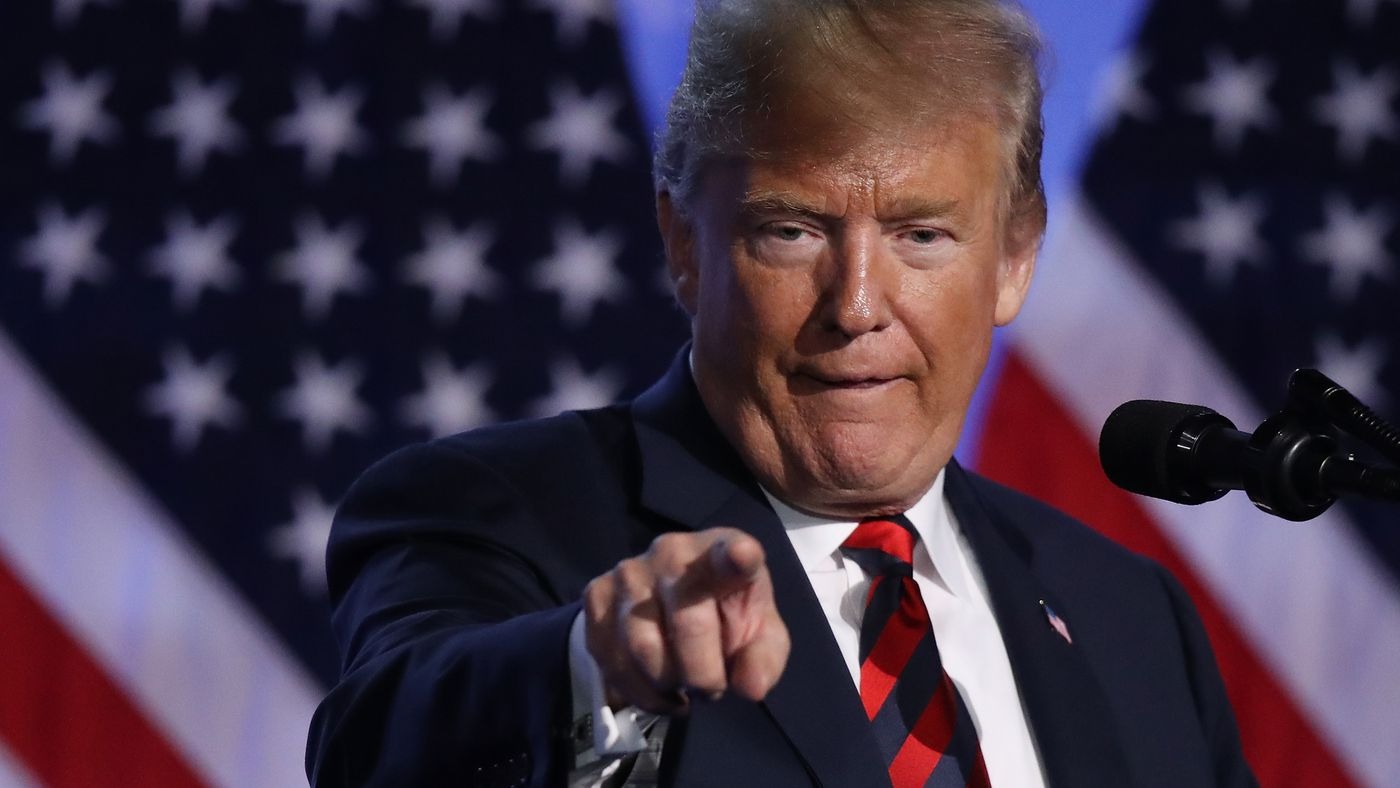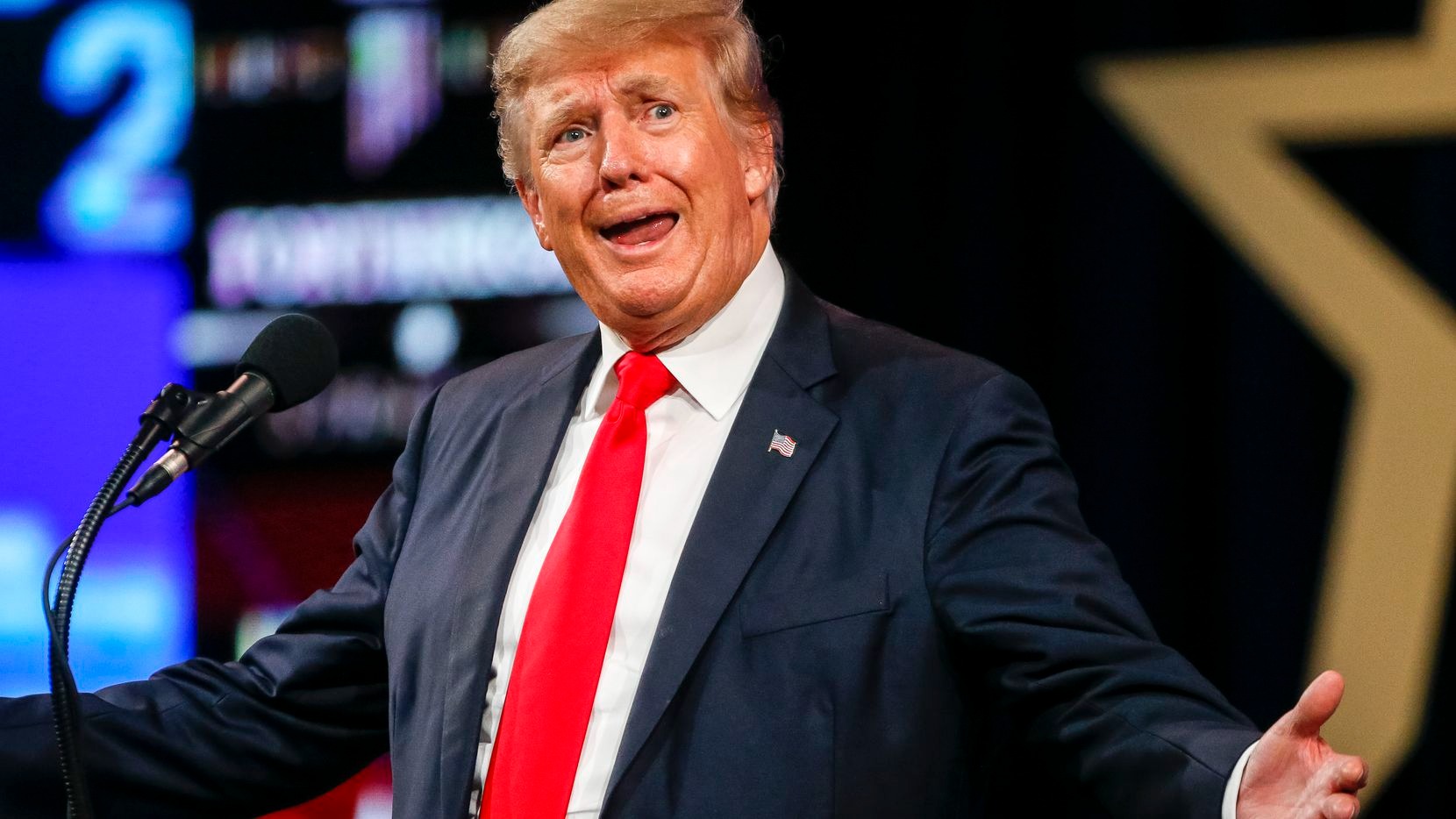Speaking at a rally in Conway, South Carolina, on Saturday, former President Donald Trump asserted that safety comes with a price tag, applying this principle even to NATO allies.
Trump proclaimed that if he were to be reelected in November, the United States would not defend NATO members from attacks unless they contribute sufficiently to defense spending.
In a departure from the conventional political stance of unconditional protection, Trump emphasized the importance of financial contributions, stating, “You don’t pay your bills, you get no protection. It’s very simple.”

Trump (Credits: Vox)
He recounted a conversation with an unnamed leader of a significant country who inquired about U.S. protection in the event of an attack despite failing to meet financial obligations. Trump’s response was unequivocal – without payment, there would be no defense, and he would even encourage potential aggressors.
These remarks sparked considerable criticism from both U.S. and international lawmakers. White House spokesperson Andrew Bates condemned Trump’s stance, characterizing it as “appalling and unhinged,” and asserting that it jeopardizes American and global security.
NATO Secretary-General Jens Stoltenberg expressed concern, stating that any suggestion of allies not defending each other undermines collective security and places soldiers at increased risk.
European Council President Charles Michael took to Twitter to denounce Trump’s comments as “reckless,” arguing that they only serve the interests of Russian President Vladimir Putin.
However, some Republican lawmakers, including Sen. Marco Rubio (R-FL), defended Trump’s unconventional approach, attributing it to his non-traditional political style.
Since 2014, NATO has urged its members to commit to spending at least 2% of their gross domestic product on defense. Trump’s stance, while controversial, has prompted a debate about the necessity for NATO members to reassess their defense spending for the sake of national security.
Retired U.S. Navy Captain Armen Kurdian supported Trump’s position, asserting that the comments, though characteristic of Trump’s unique communication style, could encourage NATO members to reevaluate their financial contributions.
He emphasized the significance of all member nations meeting their financial commitments to sustain NATO as an effective force, highlighting its role in deterring potential threats.
In essence, Trump’s statements signal a departure from traditional diplomatic rhetoric, challenging the unconditional defense commitments commonly associated with NATO.
The ensuing debate highlights the tension between financial contributions and collective security, underscoring the need for a nuanced approach to international alliances and defense commitments in the ever-evolving geopolitical landscape.























